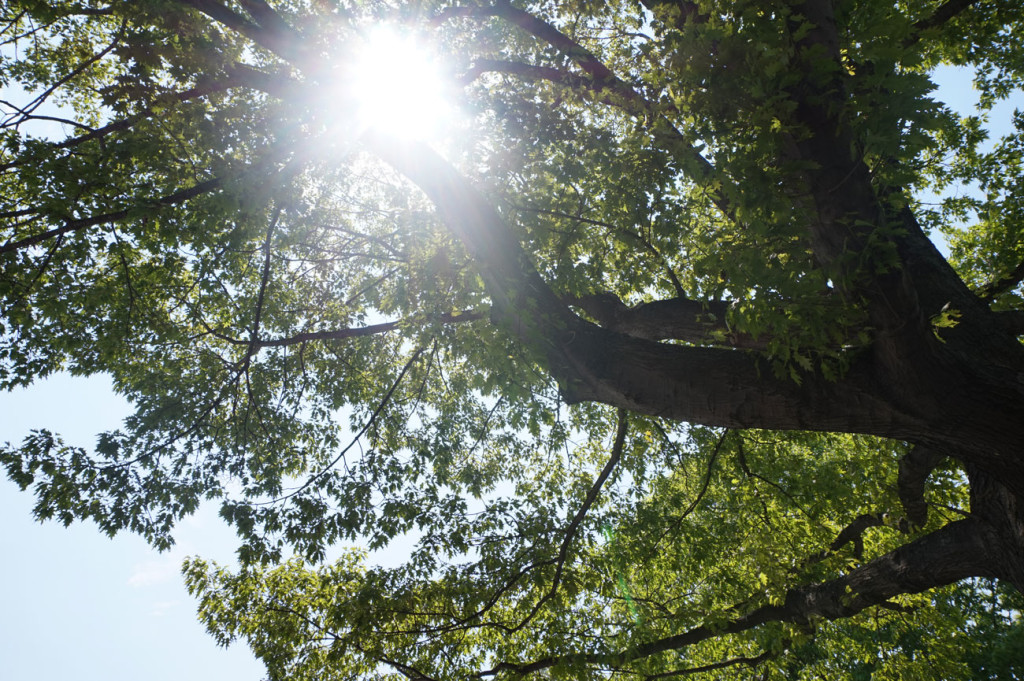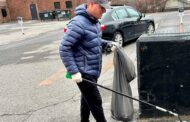by Rosanne Graef, Past President – WENA
Have you gone to a different city and reported back to your friends, “I loved the wonderful parks and gardens there.”?
How about, “Wow, I really enjoyed all the fabulous things they’ve done with asphalt.”?
If you picked the former, you’re definitely infected with biophilia. No need to panic— this is a good thing.
As defined by biologist E.O. Wilson, biophilia is an “innate and genetically determined affinity of human beings with the natural world.” It’s in our DNA to want to be around plants; we couldn’t make it without them. The chlorophyll that makes plants green also makes photosynthesis possible, and without photosynthesis there would be no food, no foodies, or much of anything else as far as life on earth goes.
Members of the plant kingdom we humans are especially fond of are trees. Deciduous, evergreen; tropical, temperate, boreal; in forests, rural areas, suburbs and cities, trees are on our side. They provide shade in summer, buffer winds in winter, put on floral and foliar extravaganzas in spring and fall. They transpire moisture to the air, stabilize soil, soften rainfall, sequester carbon dioxide and mitigate other gaseous and particulate air pollutants. We climb them, swing from them, carve our initials in them, build houses in and of them. Trees provide shelter and food for wildlife.
The products and uses humans have found for trees are too many to be listed here, but they definitely range from sap to nuts!
Need more reasons to be a tree fan? Check out the City of Bowling Green, Kentucky’s Tree Advisory Board Page at www2.bgky.org (click on Featured Link #21). There you can see many more social, communal, environmental and economic benefits.
Portland’s been known for years as the Forest City and it’s also one of the Arbor Day Foundation’s official Tree Cities in Maine. Keeping Portland green takes effort by city workers and expenditure on the part of the public. Planting and replacing trees are not tasks that provide instant gratification; rather those activities show hope, generosity and faith in the future. As the Greek proverb says, “A society grows great when old men plant trees whose shade they know they shall never sit in.”
Finally, we get to the West End angle on all this. As you roam around the neighborhood appreciating those who came before and planted the trees we’re enjoying today, please note if there are spots where street trees are needed. These could be places where a tree has been removed and not replaced or a spot where no tree was ever planted.
Send your reports to me by email with the approximate street address of where you think a tree is needed. And if you’re in the fortunate position of being able to plant a tree on your own land—the best time to plant a tree is twenty years ago. The second best time is now.






